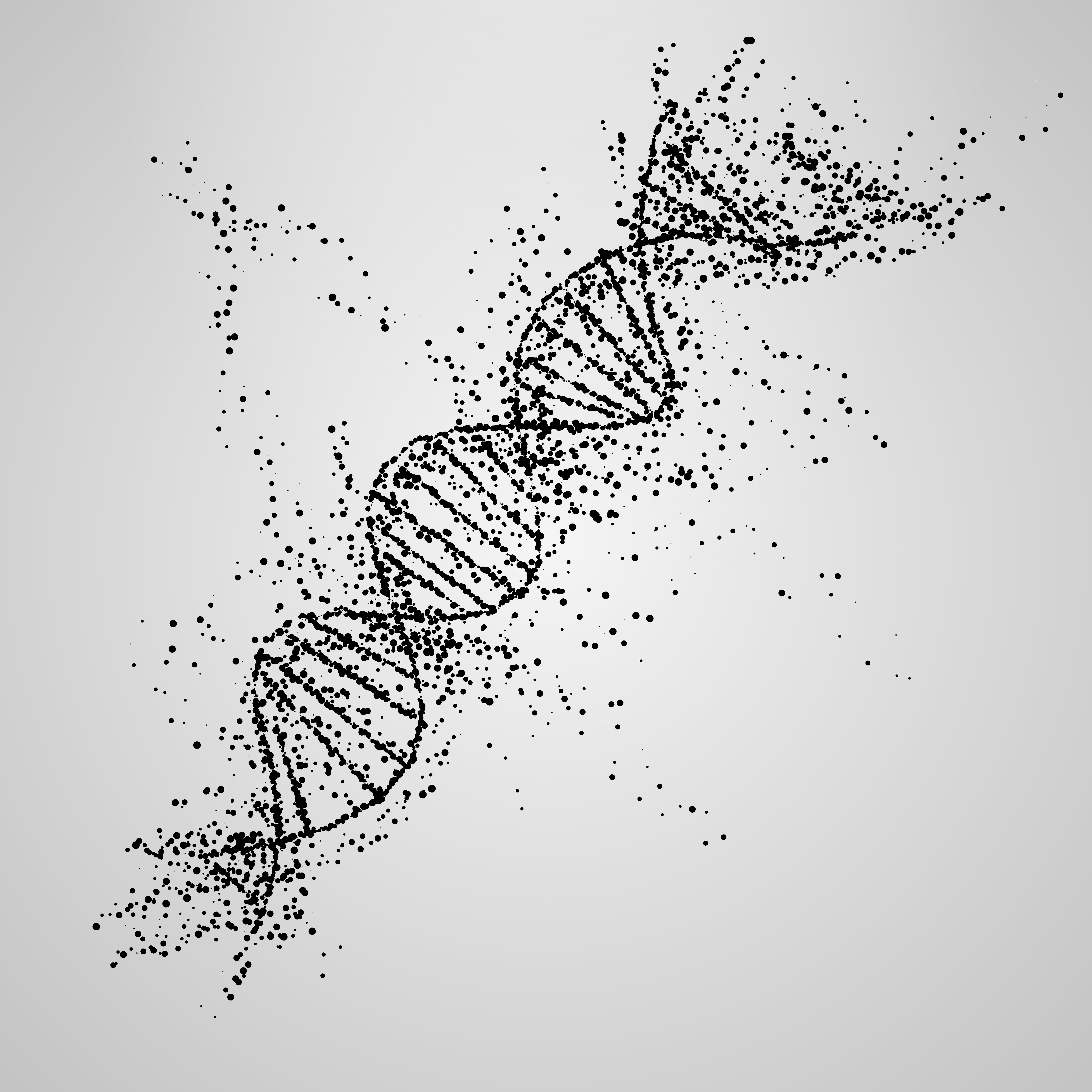Automated Geometric Shape Deviation Modeling for Cyber-Physical Additive Manufacturing Systems via Bayesian Neural Networks

Guest Speaker:
Arman Sabbaghi — Purdue University
Wednesday, March 21, 2018
EEB 132
2:00PM
ABSTRACT: A significant challenge in dimensional accuracy control of a cyber-physical additive manufacturing (AM) system is the comprehensive specification of geometric shape deviation models for different computer-aided design (CAD) inputs on its constituent AM processes. Current deviation model building methods cannot satisfactorily address this challenge in practice because they are unable to leverage previously specified deviation models for different shapes and processes in an automated or rapid manner. We present a new model building methodology based on a class of Bayesian neural networks (NNs) that directly address the challenge of cyber-physical AM systems. Our framework enables automated and computationally efficient deviation modeling of different shapes and/or AM processes without sacrificing predictive accuracy, compared to existing modeling methods on the same samples of manufactured shapes. A fundamental innovation in our framework is the design of new and connectable NN structures that can leverage previously specified models for adaptive and principled model building. The power and broad scope of our method is demonstrated with several case studies on both in-plane and out-of-plane deviations for a wide variety of shapes manufactured under different stereolithography processes. Our Bayesian NN methodology for automated and comprehensive deviation modeling can ultimately be applied to advance fast, flexible, and high-quality manufacturing in a cyber-physical AM system. This talk is based on a paper written by Raquel De Souza Borges Ferreira, Dr. Arman Sabbaghi, and Dr. Qiang Huang.
BIO: Arman Sabbaghi is an Assistant Professor in the Department of Statistics at Purdue University. His research interests include model building for improved control of complex engineering systems, Bayesian data analysis, experimental design, causal inference, and statistical analysis with missing data.
Hosted by: Paul Bogdan
